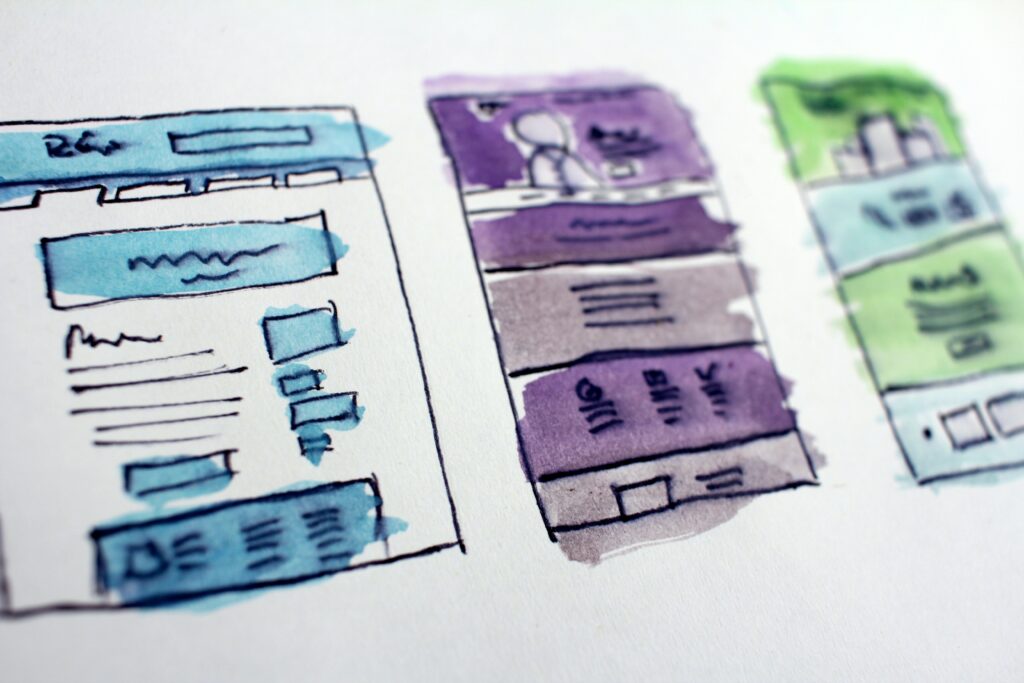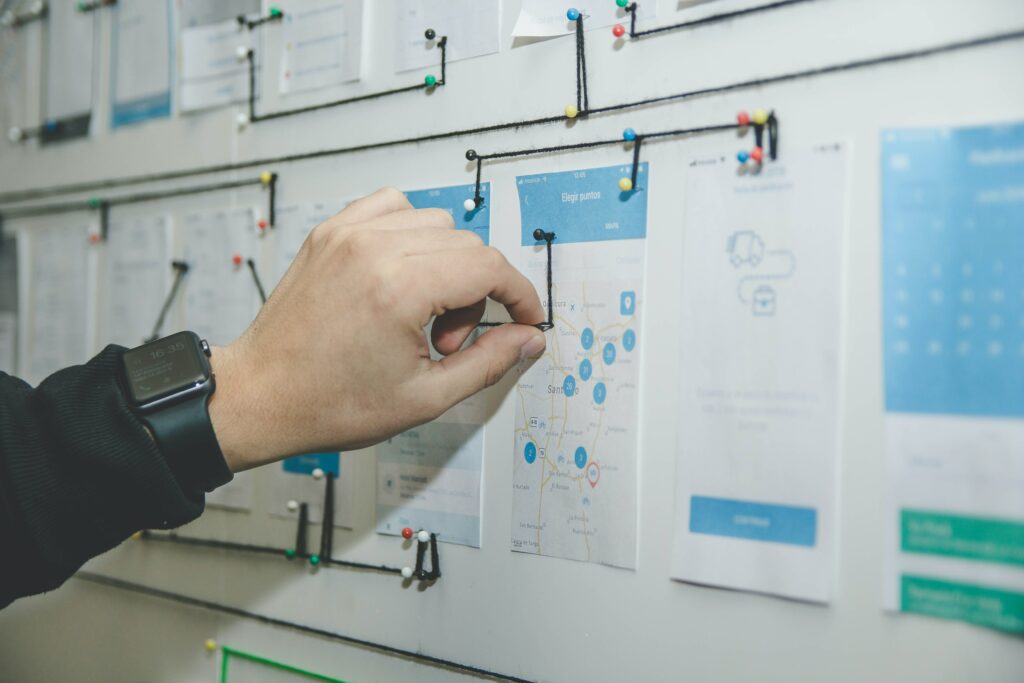The H2020inGOV Project, Co-creation & Sustainability
Co-created public governance breaks with the view that the public sector can be the sole provider of public goods (Torfing, Sørensen, & Røiseland, 2019). There is growing interest in the potential of digital technologies to enhance co-creation in public services, but there is a lack of hard evidence on their actual impact because “conceptual fuzziness and tech-optimism stand in the way of collecting such evidence” (Lember, Brandsen, & Tõnurist, 2019, p. 1665)
Co-created public governance breaks with the view that the public sector can be the sole provider of public goods (Torfing, Sørensen, & Røiseland, 2019). There is growing interest in the potential of digital technologies to enhance co-creation in public services, but there is a lack of hard evidence on their actual impact because “conceptual fuzziness and tech-optimism stand in the way of collecting such evidence” (Lember, Brandsen, & Tõnurist, 2019, p. 1665). In addition, although co-creation is understood as strengthening the sustainability of collaborative practices, research on co-creation has been more concerned with identifying the drivers, barriers and conditions that lead to co-creation rather than with measuring and assessing its impact and outcomes (Jaspers & Steen, 2019).
Sustainability is often associated with climate change and activism, but its impacts are often intangible and cannot be rendered in monetary terms. The 2030 Agenda for Sustainable Development (United Nations, 2015) points out that sustainable development includes public access to information and participation public, engagement by various actors, identifying technology needs and gaps, innovation and technology development. In the context of public service delivery, their long-term sustainability can be enhanced by co-creation. This can mean that co-created outcomes are to be sustainable, but also that beyond the outcomes that have been achieved, co-creation processes can be sustainable too.
The H2020 inGOV project aims to ensure that the Integrated Public Services (IPS) holistic framework and the project results contribute to a sustainable culture of co-creation and co-delivery, transparency, accountability and trustworthiness. In order to do this, the University for Continuing Education, together with all the project partners, will develop a sustainability plan that includes recording and evaluating the lessons learned and to develop policy recommendations. During the most recent inGOV plenary, held at the University of Continuing Education in Krems, in September 2022, the project partners discussed the following issues:
- Sustainability of technical components,
- Sustainability of co-creation best practices/lessons learnt, and
- Policy & document impact.
The pilot owners (Austria, Croatia, Greece, Malta) noted the importance of making technical components sustainable beyond the project, although this may require additional service agreements with technical and software companies. In addition, the tools must be developed in a sustainable manner and public servants must be able to impact their longevity, for example, by changing laws and government processes. At the same time, staff in the public servants must develop the technical skills necessary to maintain and update applications.
For co-creation practices to be sustainable, there must be a focus on user needs, user roles and to keep users motivated. Relationships with stakeholders must be developed and maintained, by using the suitable communication channels, showcasing the results and demonstrating the value of their input. In this context, it is necessary to emphasise continuous learning and encourage sharing their knowledge and experiences. The cases must therefore address users’ real-life problems and show them how their involvement in co-creation processes can help solve these problems. Co-creation process should neither be difficult, that is, require specific competences or skills, nor be too complicated or too repetitive. By highlighting the value of engaging in co-creation processes or showing the benefits of participation, it will be possible to motivate users to remain involved.
Nonetheless, there are risks associated with making co-creation practices more sustainable. Frequent technical updates may cause users to no longer access the process, fail to understand them, or do not like the new processes. The implementation of co-production processes also represents a financial risk, especially if it does not lead to outcomes, and deviations from standard practices are also often considered to be risky.
Addressing these risks implies a need to be open to changed and new approaches to developing and delivering public services, but also the selection of the right co-creation tool and implementation method. It is also important to record the experiences made during co-creation projects and provide them as lessons learned and best practice for the future. Policy papers can contribute to the distribution of the knowledge gained to policymakers and other stakeholders such as local governments and public sector organisations who are directly involved in setting up co-creation processes. To ensure sustainability, results must be highlighted in policy papers and linked into the current European Union frameworks and technical standards. Project results integrated at the EU level, will also impact national legislation that shapes activities at the local level and the sustainability of local government initiatives.
Given the subjective of interpretation of policy documents and therefore the reaction to them, different actors from different contexts may have different expectations. This highlights the need to provide a standard interpretation of the results in order to avoid confusion and disappointment. It also means that policy papers and other documentation on sustainable co-creation processes must consider the audiences addressed, emphasise what can be achieved with sustainable co-creation processes and provide answers to questions raised.
Finally, it is important to remember that co-creation does not always lead to beneficial outcomes. There may be barriers to achieving sustainable co-creation (Edelmann, Rodriguez Müller, Steen, Gerhardter, & Holzbauer (forthcoming), and the use of digital technologies or other innovations may also lead to the co-destruction of values. Being aware of co-destruction and knowing the barriers are important lessons learned that contribute to development of sustainable digital co-creation.
References:
- Edelmann, N., Rodriguez Müller, A. P., Steen, T., Gerhardter, B., & Holzbauer, T. (2022, forthcoming),. Sustainable Co-Creation in the Public Sector: A Case Study in the Lower Austrian Federal Government. Paper presented at the 15th International Conference on Theory and Practice of Electronic Governance (ICEGOV 2022), Guimarães, Portugal.
- Jaspers, S., & Steen, T. (2019). The sustainability of outcomes in temporary co-production. International Journal of Public Sector Management.
- Lember, V., Brandsen, T., & Tõnurist, P. (2019). The potential impacts of digital technologies on co-production and co-creation. Public Management Review, 21(11), 1665-1686.
- Torfing, J., Sørensen, E., & Røiseland, A. (2019). Transforming the public sector into an arena for co-creation: Barriers, drivers, benefits, and ways forward. Administration Society, 51(5), 795-825.
- United Nations. (2015). Paris Agreement. Paris: HeinOnline


